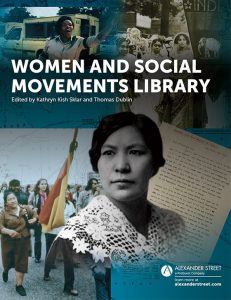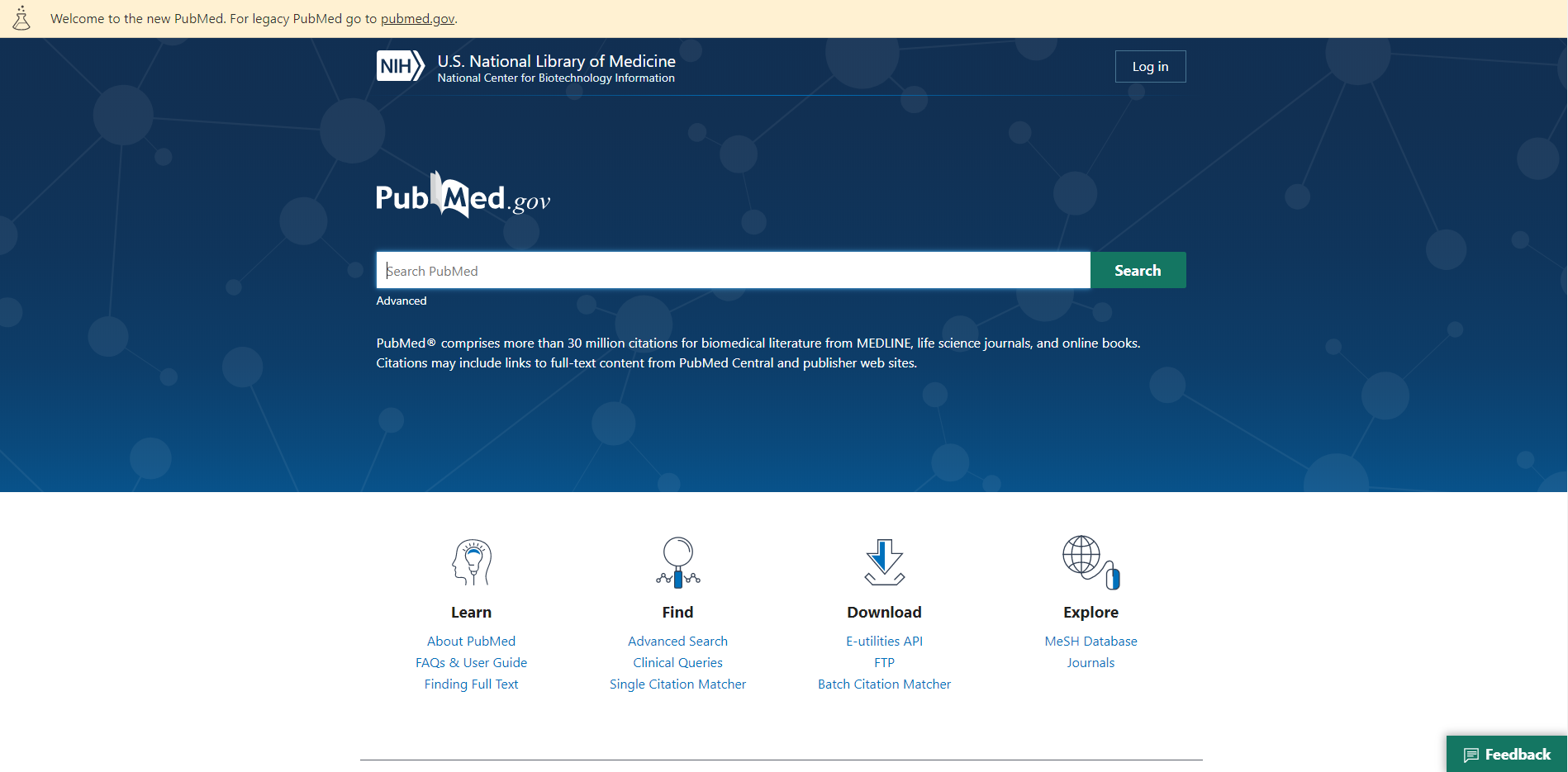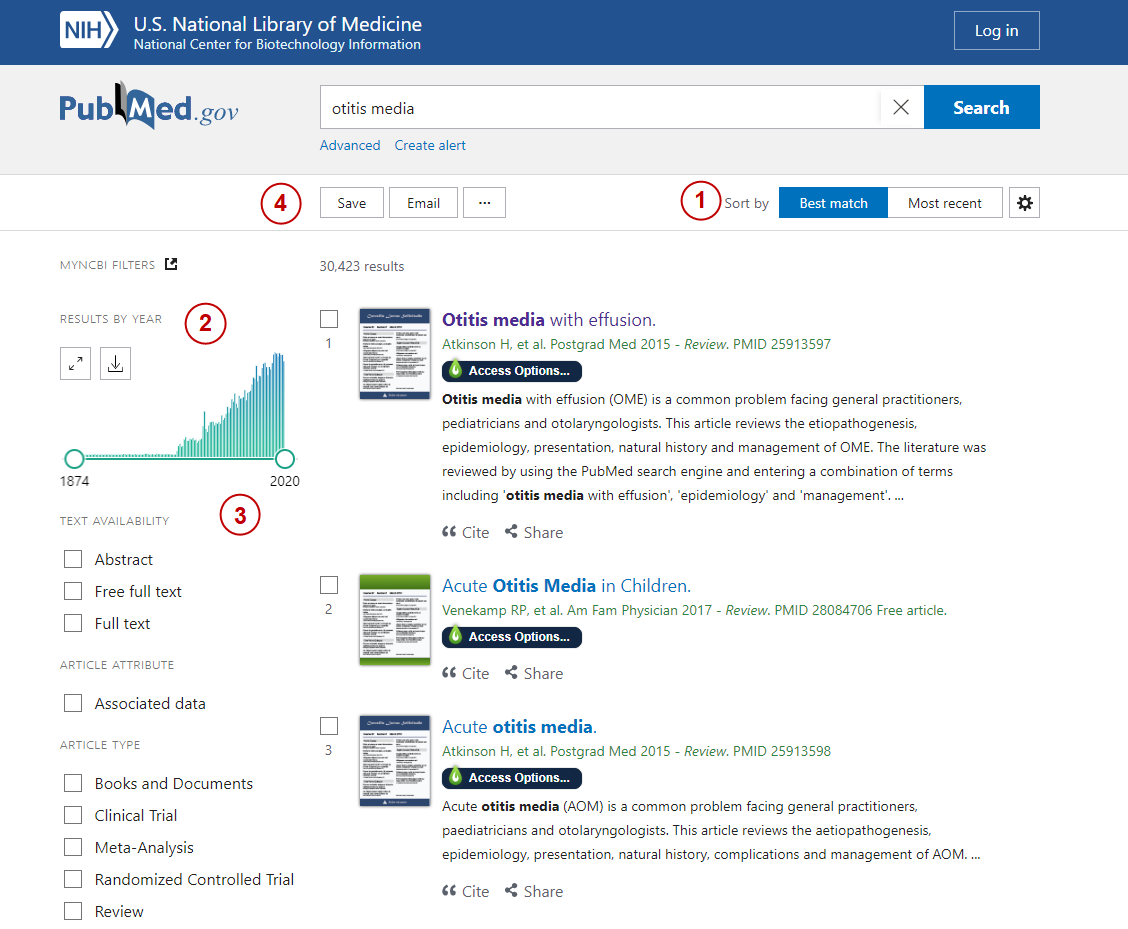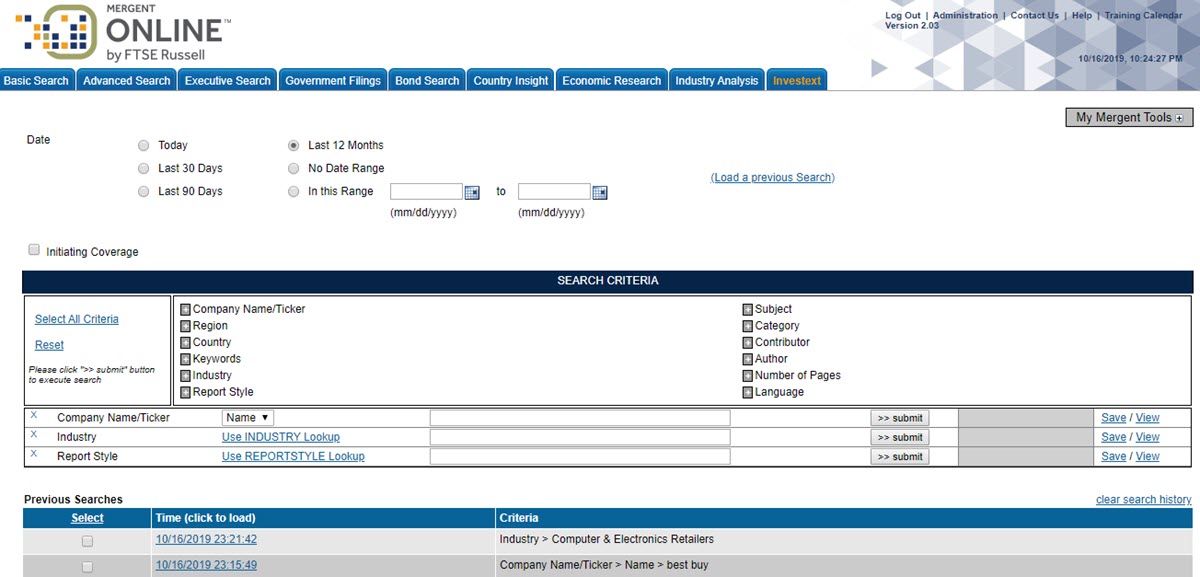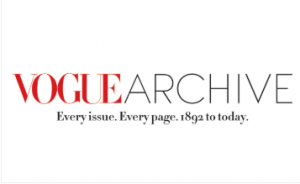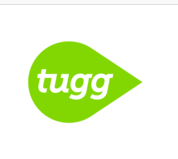It sounds like a very simple question, but the answer is anything but.
There are several big trends in scholarly publishing that have an impact on the funds available for journals. We’ll look at two of them here.
It’s been a long time since even the largest or best-funded library can claim to collect every academic journal. The huge increase in the number of journals – and number of articles per journal – is one reason. By some estimates, scientific publishing output has increased threefold since 1990. To note just one example, Nature Research – publisher of the prestige weekly Nature – now has 32 additional research journals in various sub-disciplines. Three new journals were launched just in 2019.
Another challenge is the increasing cost of each journal. Subscription prices go up every year. With an increasing proportion of library budgets dedicated to journal subscriptions, this means that libraries need budget increases every year just to maintain current journal subscriptions. And with many competing priorities on campus library budgets are not keeping up.
In the last two decades, large publishers have come up with their own solution to this dilemma, presumably aimed at helping libraries while securing their own customer base. They launched the “Big Deal” model, now widely adopted. In one common iteration of this model, a library gets access to a publisher’s entire portfolio of hundreds or thousands of journal titles in exchange for a contractually-mandated promise to maintain a set level of spending with that publisher. If a subscription is cancelled, another of equal or higher value must be added to maintain the set spend level.
The dark side of the Big Deal became evident as library budgets began to shrink. Unable to save money by cancelling Big Deal subscriptions, libraries cut their book-buying budgets and cancelled journals from smaller publishers. Alarmed at increasingly having to cancel titles they would otherwise keep but for Big Deal restrictions, libraries started rejecting these deals. This year the huge University of California system ended its Big Deal with Elsevier, making huge waves in the academic community. In support of this decision, a group of University of California faculty vowed not to serve as editors of some Elsevier titles, underscoring how faculty research and library spending are tied together.
So, when we consider adding or maintaining a journal subscription, it’s with these budget pressures in mind. Then we start looking at specifics, such as:
- The use of other journals in this discipline. Is there a low-use journal that could or should be cancelled so that we can acquire a new title?
- Journal cost, and the overall proportion of the library budget devoted to each discipline. We strive to maintain fairness when allocating funds across schools and colleges.
- Relevance of the journal content to the curriculum
- Impact factor and other measures of the journal’s influence in the discipline
- Availability of the title locally from other libraries or via interlibrary loan
And if the libraries need to cancel journal subscriptions, we think about additional factors, such as:
- Overall use of the journal and the cost-per-use
- Whether print journals are now available online and, if yes, does that warrant changing formats
- Minimizing duplicate print subscriptions among the St. Thomas libraries (there is very little of this anymore)
Ultimately, the Libraries strive to maintain a collection that is relevant, dynamic, and responsive to our University of St. Thomas community. At the same time, we also want a collection that is a stable and reliable source of scholarship. We juggle these priorities whenever we make decisions about adding or removing journal titles from the collection.
Our campus is changing all the time. Faculty leave or retire, and new faculty often have different research and teaching interests within their disciplines. Curricula change (as we know!) and class offerings change topic and frequency. Disciplines themselves shift and change over time; new specialties arise, and research areas once popular wane. Teaching modes and student expectations influence decisions about formats; should we provide access to podcasts? How much streaming media should be available? Are students and faculty using e-books and is print still popular (answer: yes to both!).
For all these reasons it is imperative that the libraries work in partnership with faculty, students, and staff to stay abreast of what is happening on campus and to understand the scholarship to which library users need access. And hopefully by staying in conversation with us, St. Thomas community members will have a better understanding of why that journal is or isn’t available from the libraries!
